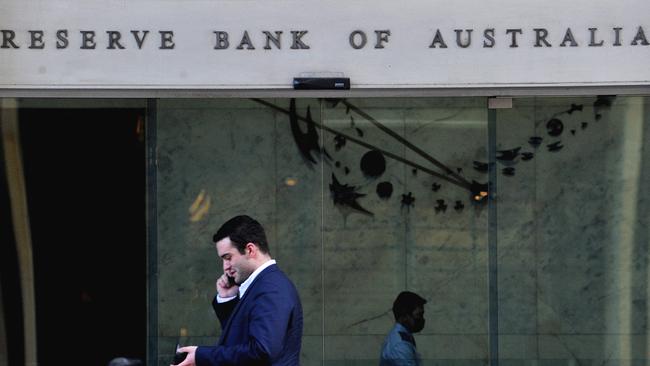
Americans believe that the only way to tackle any crisis is to take strong and decisive action. Australians, particularly our central bank, are often more tentative.
Accordingly the US Federal Reserve is following the traditional American path in tackling rampant inflation – admit past errors and hit demand in the economy hard by raising the cost of borrowing. Consumer fear is then multiplied as hiring is slashed and retrenched people take longer to find jobs.
Properly executed, hard medicine makes it hard to raise prices, slashes profits and curbs wage demands. The Fed believes its latest move can avoid a recession and, if one does occur, it will be short lived. Drag the blows out with small rate rises in the Australian tradition and a recession not only becomes certain but is more severe and lasts longer.
The first step in America’s hard medicine prescription routine is for the Federal Reserve to admit that it made an error by not realising earlier that inflation was entrenched and exploding. In the US, unless you admit your mistakes you are not taken seriously.
Second step: The Fed then abandons plans to lift interest rates by only half a per cent and goes hard with a 0.75 per cent increase and flags another such move is in the pipeline.
The prospect of a second rate rise shows that the Fed has really embraced the tough medicine remedy.
Markets were greatly relieved and recovered ground with bond, share and commodity prices rising. However, the markets were also oversold and were due for a recovery. The tough medicine was the trigger.
Australian regulators, and particularly the Reserve Bank, find it hard to admit error. And in Australia’s case the central bank has made mistakes that are far more profound and serious than those of the US Federal Reserve.
The thought of Australia following the US and prescribing a further 1.5 per cent interest rate rise delivered quickly will send shivers down the Reserve Bank’s spine.
But we can learn from the Americans that slow drip tortures do not work and in the end cause longer and more severe downturns.
And in Australia we are confronted with a unique challenge. The Fair Work regulator and the new Prime Minister have created a nationwide expectation of a 5 per cent wage rise which will act as a flamethrower to inflation and makes slow torture doubly dangerous. US style rate rises need consideration.
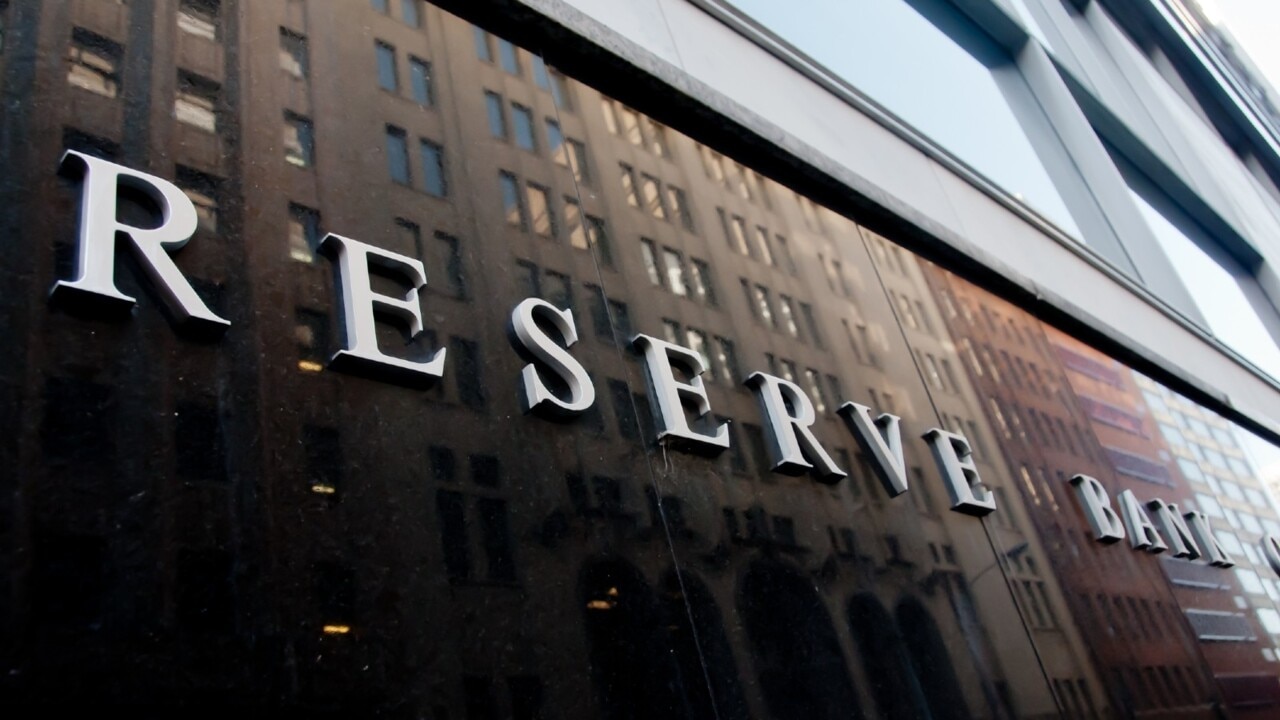
Yet apart from the Australian culture, there is an extra reason why the Reserve Bank will be nervous about severe action. Along with the Australian Prudential Regulation Authority (APRA), the Reserve Bank played a significant role in the disastrous bank over lending during the last two years which has left slabs of our consumer market in serious trouble because their mortgage rates rise with the official rate.
Just as serious, our building industry is on its knees. The US does not have that problem because its housing loan interest rates are fixed for 30 years.
Whether it be our culture, the seriousness of the Australian problem or simply a different conclusion about economic remedies, our Reserve Bank is canvassing to the markets that they we will lift rates slowly.
If that is what they do, then we will face a long painful domestic downturn. Former Reserve Bank Governor, Ian Macfarlane, maybe be right when he says that inflation will settle around 4 per cent and stay there for a long time. The inevitable conclusion from the Macfarlane scenario is that mortgage rates will rise above 6 per cent.
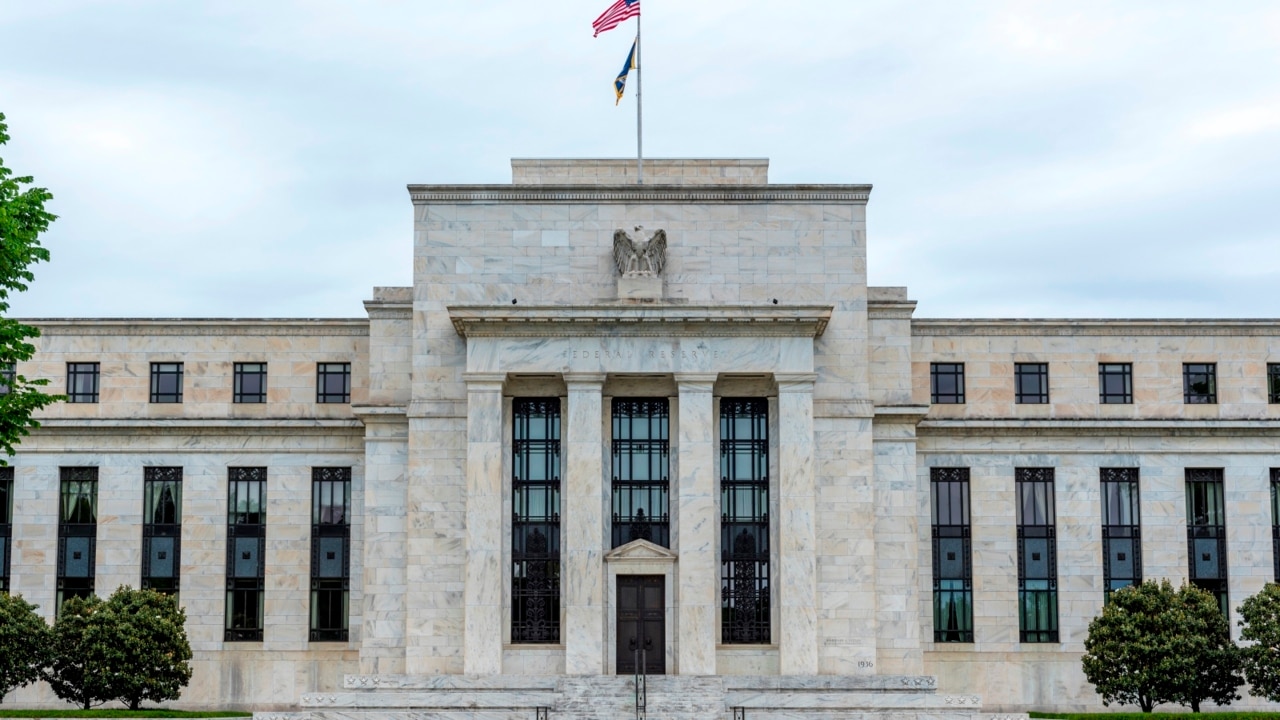
This is a very different scenario to the 2 to 3 per cent long term inflation rate being forecast by the current Governor of the Reserve Bank.
One of the features of the market response to the US hard medicine was that the Australian dollar suddenly surged forward above US70c despite a rise in the US dollar.
Earlier in the week it was looking sick as it fell below US69c. This sentiment change will boost our share markets.
The most obvious reason for the recovery is that markets think commodities will be improved by the hard medicine approach of the US and China’s efforts to stimulate its economy. But there is also likely to be an expectation that Australia will follow the US and not engage in slow drip interest rate torture.
One of the problems that is impacting policy decisions by central banks around the world is how to adjust for skyrocketing oil and food prices. Traditionally central banks try to eliminate these sharp fluctuations in their long term inflationary calculations.
But global consumers simply declare such isolation as “nonsense”. The rise in food and fuel prices are part of the cost of living increases and consumers want wage rises to cover those costs which in turn embeds the higher fuel and food costs into the inflation rate.




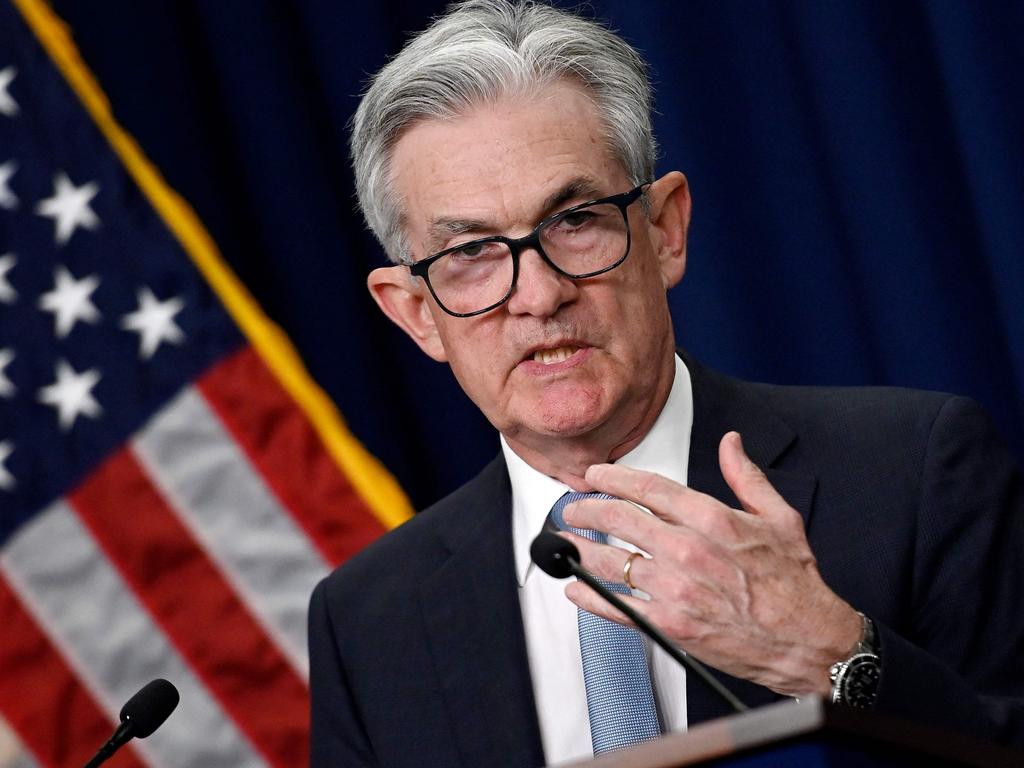


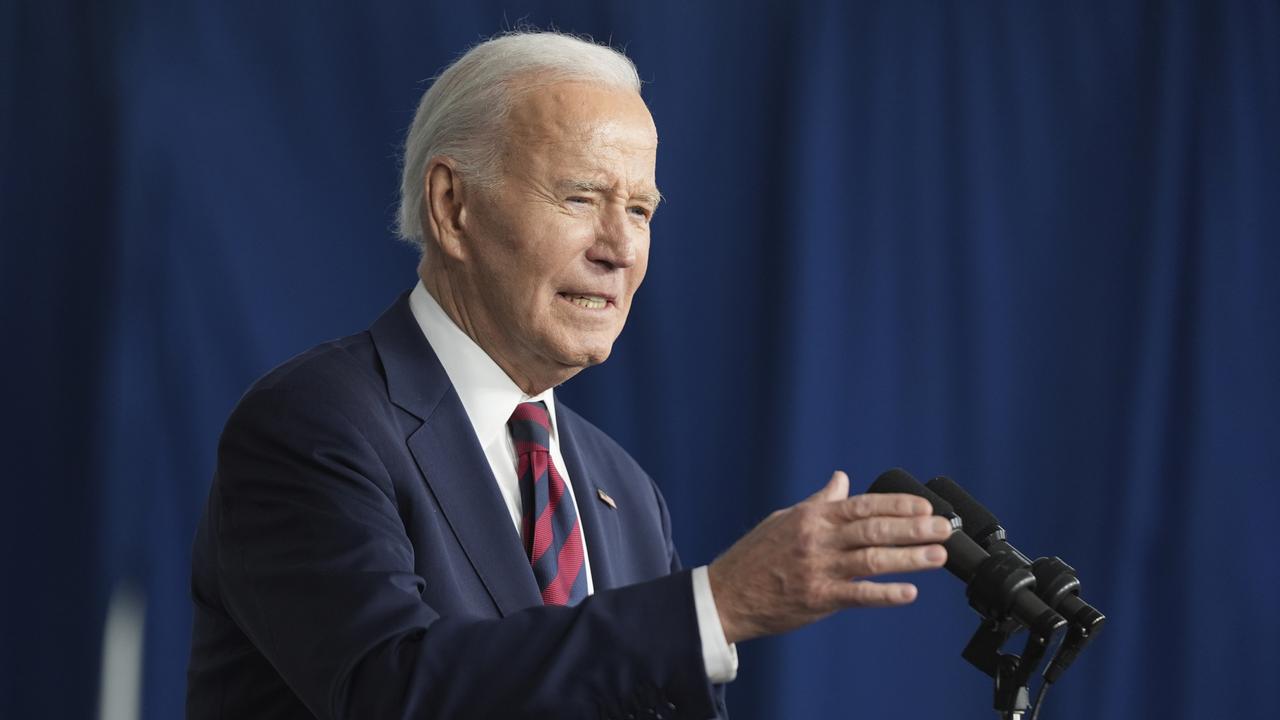
There are profound differences between Australians and Americans when they face a crisis. And we are now both confronting the same crisis – exploding inflation.